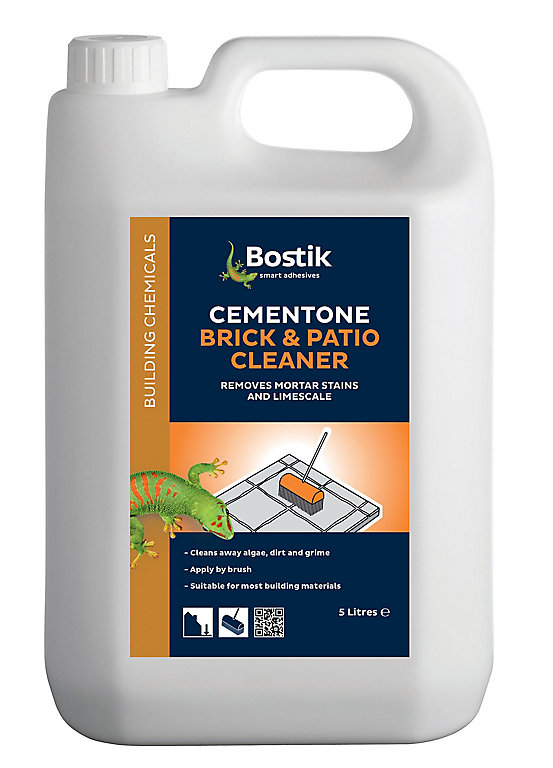Hey all,
Looking for some advice regarding removing mortar residue from paving. It was a novice mistake as I'd never laid paving before and having done a reasonable job I then screwed things up with the grouting and failed to wash away the residue. I then tried power hosing and scrubbing each paver and managed to remove the bulk of the mess. It's a base for a shed so I'm not looking it perfect but I'd like to at least try and remove some of the residue to satisfy my OCD.
I'm reading that Muriatic Acid would work. Any suggestions or advice would be welcomed.
Thanks
Looking for some advice regarding removing mortar residue from paving. It was a novice mistake as I'd never laid paving before and having done a reasonable job I then screwed things up with the grouting and failed to wash away the residue. I then tried power hosing and scrubbing each paver and managed to remove the bulk of the mess. It's a base for a shed so I'm not looking it perfect but I'd like to at least try and remove some of the residue to satisfy my OCD.
I'm reading that Muriatic Acid would work. Any suggestions or advice would be welcomed.
Thanks



